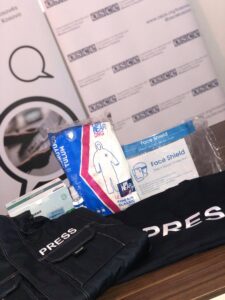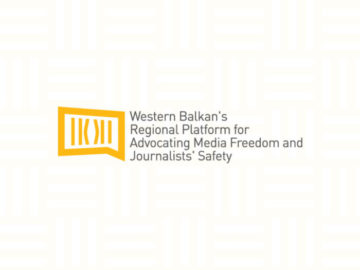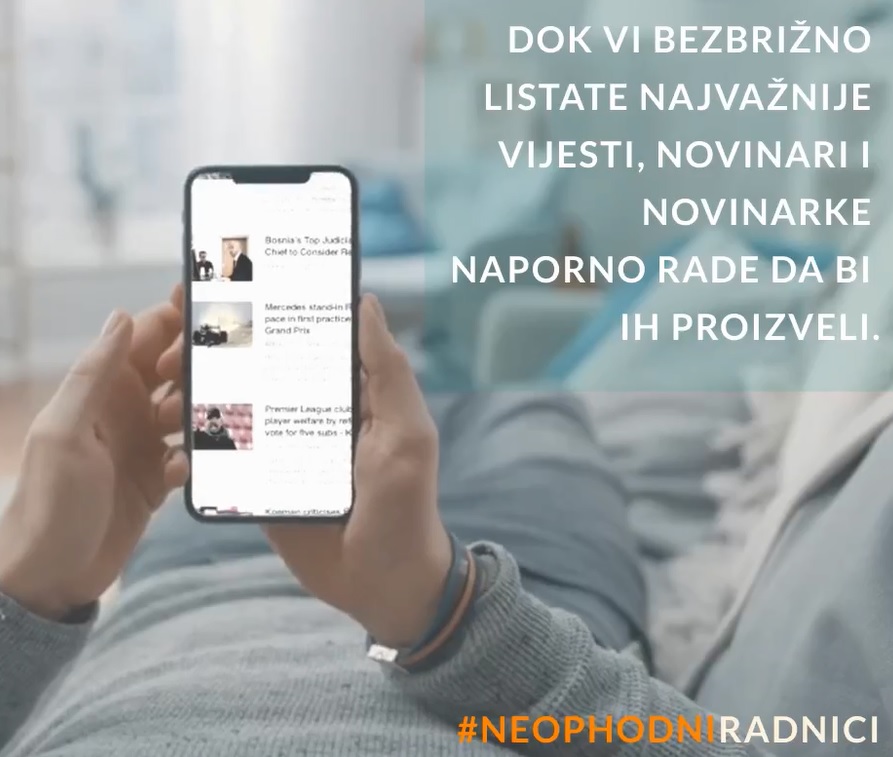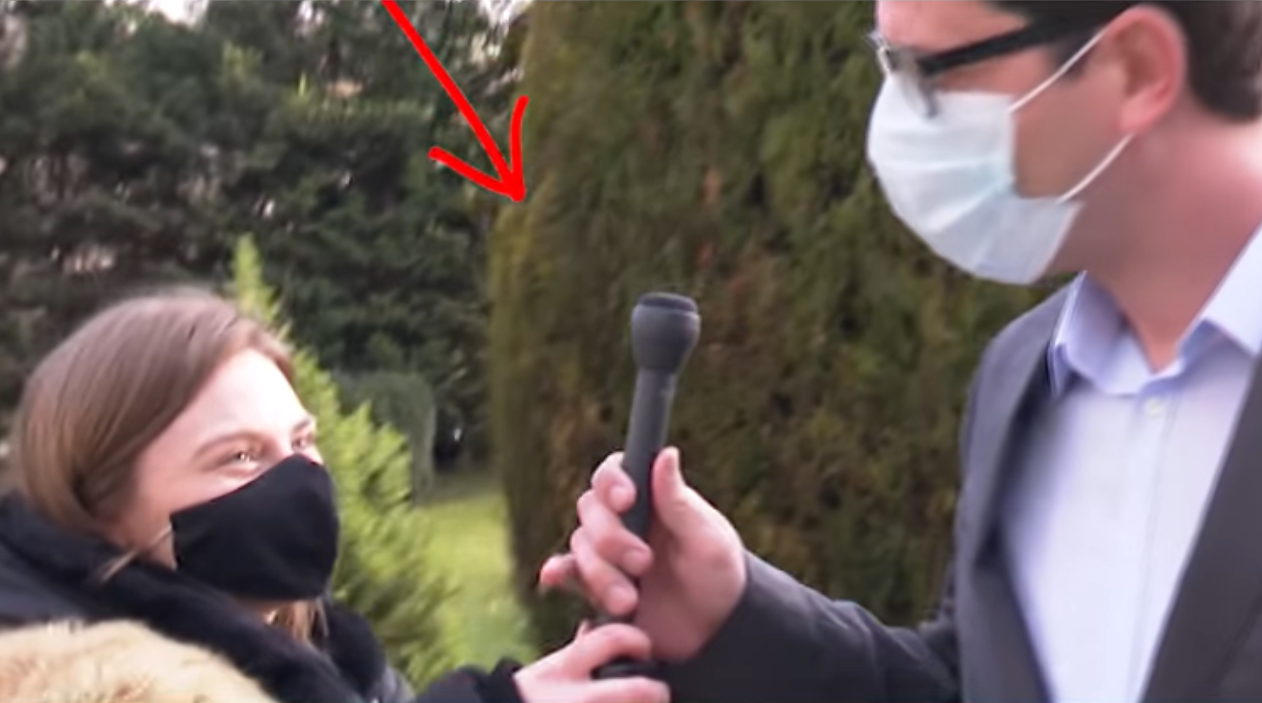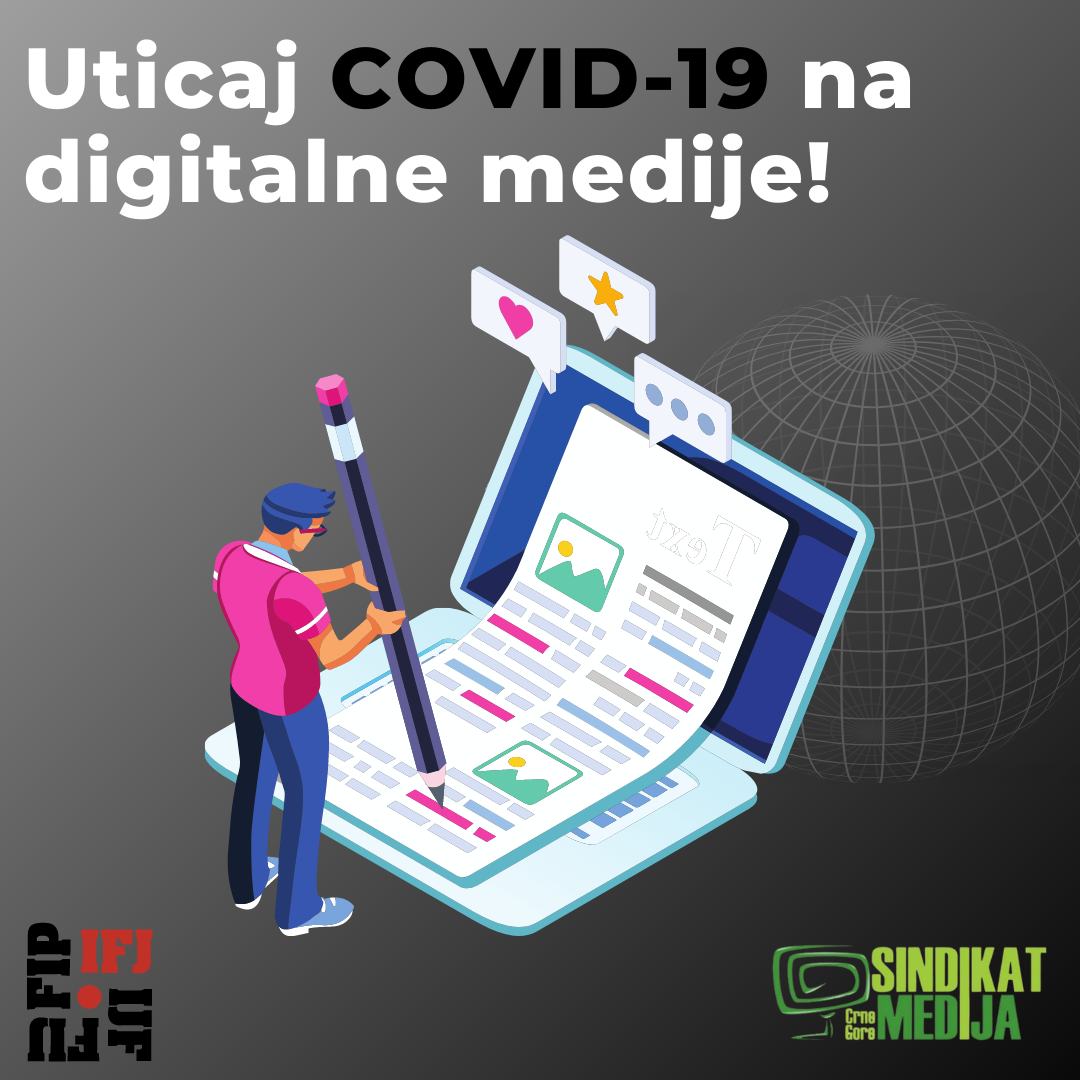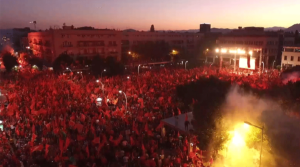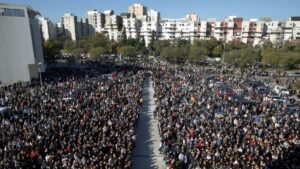SARAJEVO, 17.12.2020.- Indictment for defamation against “Direkt”, a local web site and me as a journalist, finally came to a conclusion in most appropriate and best way. Indictment was rejected and dismissed and the plaintiff was ordered to pay for all court expenses and costs in full. Still, this was an experience that we would rather circumvent.
It came to an end. After almost two decades of professional journalism I had been indicted for defamation which included the violation of reputation and honor of Žarko Laketa who, at the time, was the mayor of
Trebinje Police administration and who was requesting the compensational fee of BAM 3.000.00. He sued “Direkt”, a local web site, including the author, that is, myself, for incorrect, inaccurate, false and
faulty information released and posted in several posts. These posts were covering the issue of current situation in Trebinje Police administration, including the biography and work of the mayor himself.
The posts indicated nepotism, violation of procedures; mobbing, autocracy, ties and links with interesting figures (as far as security issues were concerned), as well as influence trade. All allegations were supported by material evidence that revealed that the first police officer of the southern part of the Republic of Srpska was at the same time a successful businessman and millionaire as well. Actually, his company had been registered under his spouse’s name and ownership was later transferred to his daughter, although several witnesses, including his own partner, later confirmed that it was Žarko Laketa that was actually pulling
all business strings. Despite the law which clearly defined that a police officer, apart from being in a police service, could not perform any other duty and do any business whatsoever, unless she or he had a special
permit to do so that could be issued by the Minister himself only, this “law protector” in East Herzegovina was contrariwise and in front of the local public and during his police service working time, driving trucks for
his own company and making business deals.
And this was not the only violation of the law and the rules of the police service. He would appear at political rallies and gatherings of the ruling political party, namely SNSD, although the police officials were strictly banned from attending any kind of political rallies and meetings unless they were appointed to provide
security services. However, after the “Direct” journalists managed to “fold up the puzzle” and collect necessary details, the “star” of this story released a denial followed by the indictment. Laketa denied almost every single allegation, including those claiming that he had several properties and business premises in the town of
Nevesinje and allegations confirming that had previously been legally convicted for the abuse of official position. Preparation hearing resulted in a lawsuit alignment and claiming the compensational request to five thousand BAM (BAM 5.000, 00) because of another post (article/text) which appeared in the meantime and which, according to the words by his lawyer, presented Mr. Laketa with defamation and violated his social reputation. He was, presenting the reasons that resulted in a lawsuit alignment, speaking rather loudly, using
offensive language, insulting terms that altogether seemed more appropriate for criminal, rather than civil procedure.
However, Basic Court of Trebinje female judge paid no attention to such presentation, behavior and manners and she additionally and gladly accepted a lawsuit alignment in its full form. Despite the fact that we filed in a legal complain to such procedure, demanding that she should be excused from the court procedure, our enquiry and claim was dismissed and rejected so we had to wait for main proceeding.
After a neuropsychiatric presented the expert opinion regarding mental health of the plaintiff, she observed the level of mental pain after the posting of controversial texts. This was followed by the speech delivered
by the plaintiff’s legal representative whose crucial argument was that Žarko Laketa had been a police officer for nearly 30 years with impeccable career disregarding the fact that the plaintiff had actually
previously been a convicted person.
The verdict, in its most crucial part, confirmed that the accused party („Direkt”) and myself had no cruel intentions (act of malice); instead our posts expressed a critical view and our reporting was thus accurate and true because allegations were in most cases proved and what was most important for me, we did manage to remain professional following ethic standards. Verdict also confirmed another important thing; namely it was explicitly outlined that the verdict deleted from criminal evidence does not make one a person with no criminal record.
Lawyer’s experience confirmed that our courts often restrictively implement and apply the Law on Protection against Defamation. Also, they often outline that their knowledge regarding European Court practice and associated conventions, as far as the issue of defamation is concerned, is to some extent insufficient and limited. Releasing the disclaimer (denial) or correction has never been a reason for them to dismiss or reject the indictment. Extenuating circumstances were taken into consideration only when defining fine which was, according to some, against the core of that law.
The law itself, along with its core, according to Bojana Rikalo opinion (Basic Court of Trebinje female judge) was „on our side“. Same opinion was shared by the District Court of Trebinje officials, so the process itself
was terminated after less than 12 months.
Although the professional standards were not fully met and material evidence proved exactly what we had been writing about, the question was what the final decision would be if we had not been supported by BH
Journalists. This support was not only professional, but it was also friendly based and it had a huge and I should say crucial impact in this specific court case.




